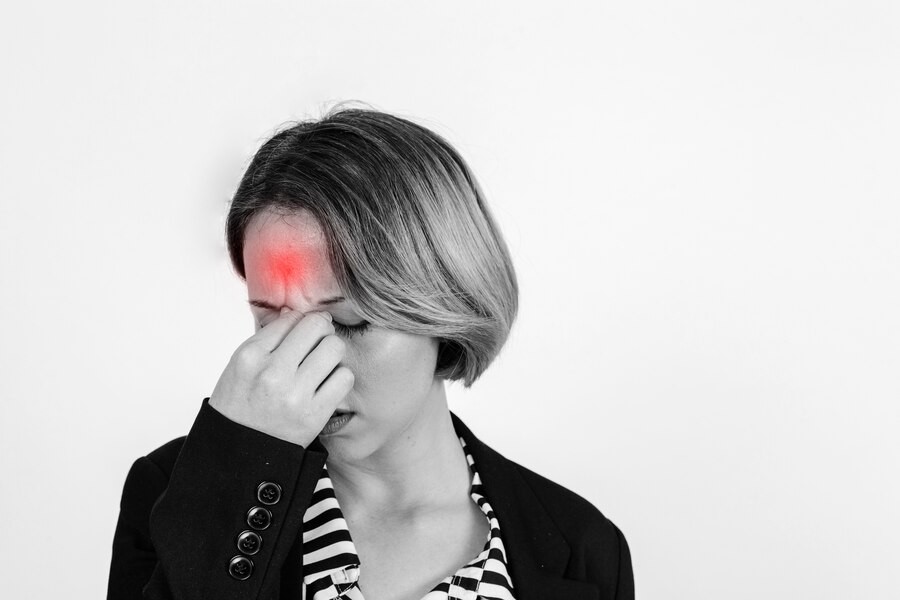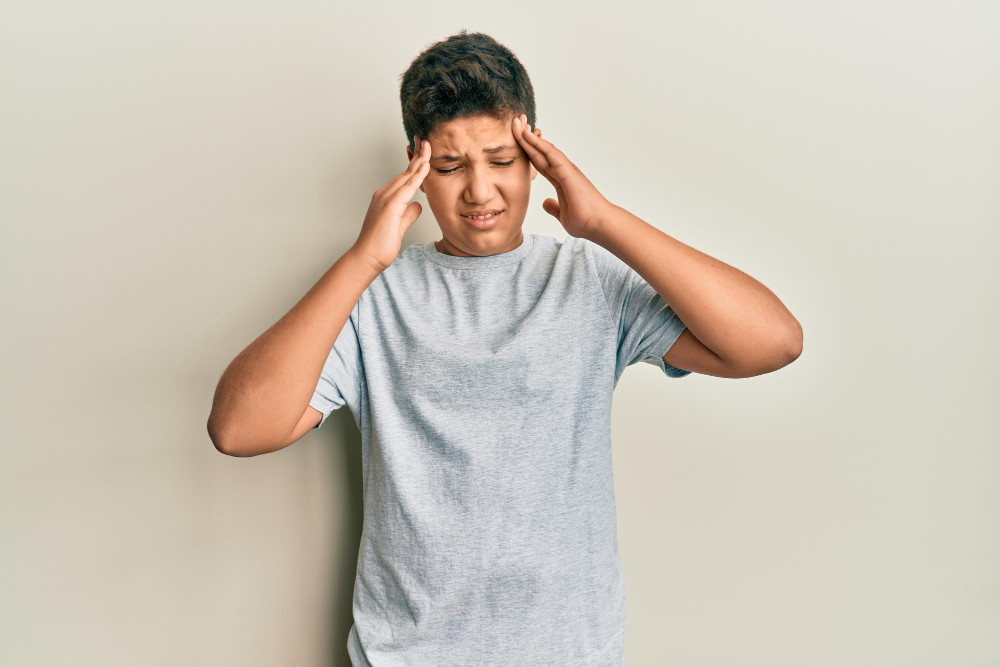A migraine headache is characterized by throbbing pain, usually localized to one side of the head. This kind of headache is persistent. Attacks can occasionally last for hours or days, and the pain is so bad that it makes it difficult to do daily tasks.
While the causes of migraines are not fully understood, research has found that food may be a trigger and can also aggravate migraine attacks.
Limitations on what you can eat when you have migraines
There are several foods that can trigger migraine attacks or worsen migraine symptoms, such as:
Tyramine-containing foods
Naturally occurring in certain foods, tyramine can be found in aged cheeses (parmesan cheese), cured meats, smoked fish, and some beers. It is thought that tyramine triggers the release of norepinephrine, a brain chemical that influences nerve cell activity and may be involved in the development of headaches.
Alcohol
Depending on the type of alcohol consumed and one's sensitivity to alcohol, a migraine may or may not start after consuming alcohol. After consuming alcohol, some people claim to experience a migraine attack 30 minutes to 3 hours later. This may be caused by the body's response to histamine or other chemicals found in alcohol.
Caffeine
Caffeine is a chemical compound that has a stimulant effect. Regular consumption alters the brain chemically and physically, leading to blood vessel narrowing. Blood flow to the brain increases as blood vessels widen and caffeine consumption is stopped. Headaches may result from pressure on the brain's surrounding nerves caused by this alteration in blood flow.
Nitrate-containing foods
Studies have demonstrated that foods containing nitrates can cause migraines, particularly in certain susceptible individuals, despite the lack of available data. Certain vegetables, including potatoes, carrots, turnips, broccoli, spinach, and mustard greens, naturally contain nitrates.
The body naturally produces nitric oxide, which dilates blood vessels. Foods that are high in nitrates can increase the production of nitric oxide in the body, which contributes to the onset of migraines.
Other types of food
In addition to the above foods, there are several other foods that can trigger migraines, including:
- Dried fruits
- Potato chips
- Pizza
- Nuts and peanut butter
- Chicken liver
- Bread and other baked products
- Chocolate
- Fermented milk products
- Olives
- Soy products such as tempeh, tofu, and soy sauce
- Tomatoes
- Vegetables such as peas, beans, and corn
- Vinegar
It's possible that different people have different trigger foods for migraines. Therefore, it's critical to monitor your eating and drinking habits and keep a record of the foods and beverages you consume following a migraine attack. Keeping a record of this will help you identify potential migraine triggers and prevent them.
In general, migraines can be managed with headache relief medication and rest. However, if you experience severe headaches that do not improve even after taking medication, with loss of consciousness, blurred vision, or headaches that last for more than 72 hours, then you should see a doctor. Your doctor can assist you in determining the cause and suggesting the most appropriate course of action.
Have other questions about migraines and headaches? You can make use of the consultation features that are available in the AI Care application by downloading it from the App Store or Play Store.
Looking for more information about other diseases? Click here!
- Sean Edbert Lim, MBBS
Erica Patino (2023). 9 Migraine Diet Dos and Don’ts. Available from: https://www.everydayhealth.com/hs/managing-migraines/diet-dos-donts-pictures/
Mayo Clinic (2023). Migraine. Available from: https://www.mayoclinic.org/diseases-conditions/migraine-headache/symptoms-causes/syc-20360201
WebMD (2023). Tips to Find and Avoid Your Migraine Triggers. Available from: https://www.webmd.com/migraines-headaches/avoiding-migraine-triggers
Eric Metcalf, MPH (2022). Tyramine and Migraines. Available from: https://www.webmd.com/migraines-headaches/tyramine-and-migraines
Rachael Zimlich, RN, BSN (2021). Can Alcohol Trigger Migraine Headaches?. Available from: https://www.healthline.com/health/migraine/alcohol-and-migraines
Kelli Tornstrom, CNP, APNP (2020). Does caffeine treat or trigger headaches?. Available from: https://www.mayoclinichealthsystem.org/hometown-health/speaking-of-health/does-caffeine-treat-or-trigger-headaches
Janet Renee, MS, RD. Do High-Nitrate Foods Cause Migraines?. Available from: https://www.livestrong.com/article/467735-high-nitrate-foods-migraines/
Jennifer Huizen (2021). Gluten and migraine: What is the link?. Available from: https://www.medicalnewstoday.com/articles/gluten-and-migraine
Cedars Sinai (2018). Know Your Headaches. Available from: https://www.cedars-sinai.org/blog/know-your-headaches.html











